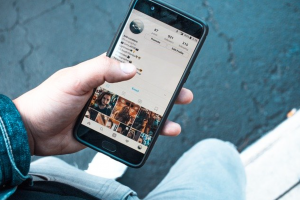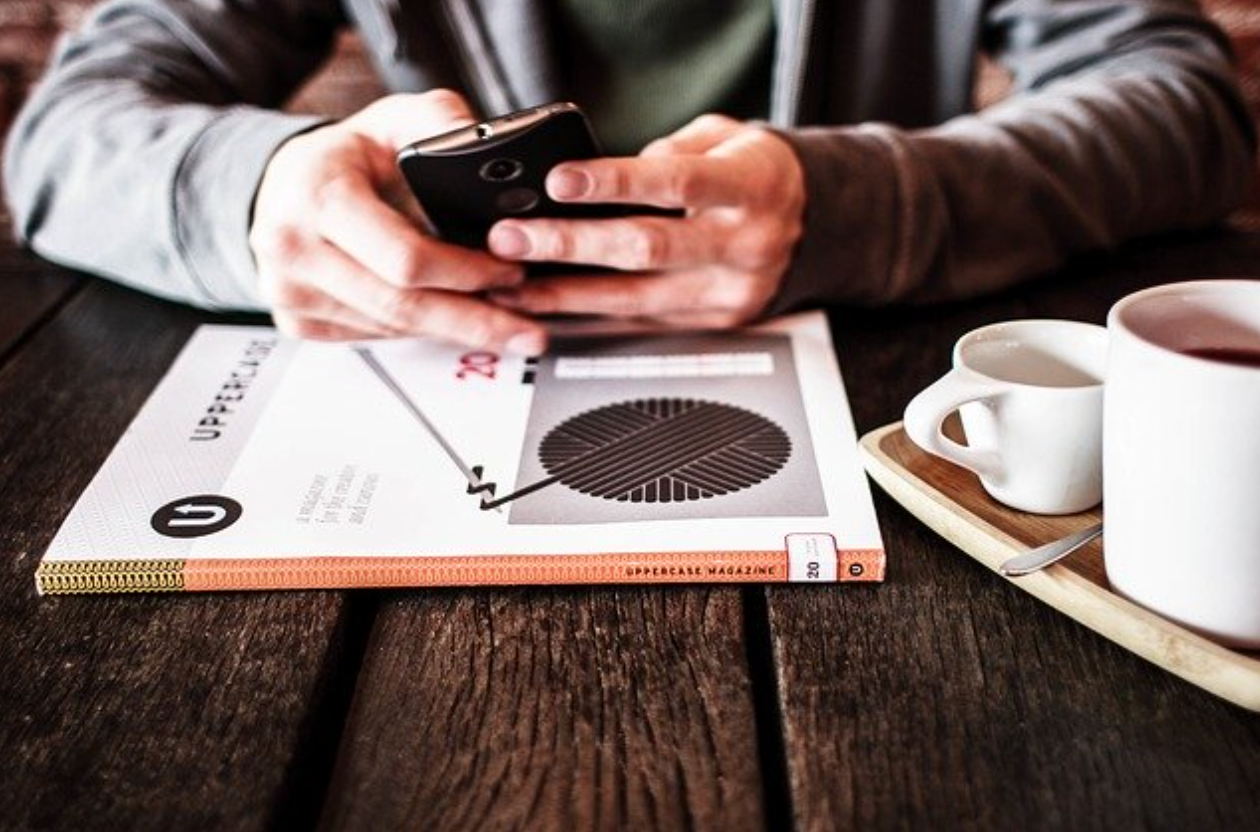Social media is here to stay, and there’s no getting away from it. Ultimately, students need to find a balance so that adverse effects don’t wreak havoc on their academic career. It’s all about embracing the good aspects and drawing the line when necessary.
Students today are no stranger to social media. At a time when the sphere of education is witnessing major transformation, social media acts as a perfect catalyst for the much-needed change. More and more educators today are finding innovative ways to encourage students to make productive use of social media without showing complete disregard for the platforms.
This has not only helped students to alter their perceptions about how social media should be used, but has also helped them in their learning process. However, the picture is not rosy at all times. The downsides to the social media usage of the students are still quite evident.
With that thought, let’s elaborate on the impact of social media on students’ academic career.
Positive impact of social media on the academic life of students
- Allows Students to Gain Extensive Knowledge
Social media lets the student enhance their academic performance and maximise their knowledge through the accumulation of meaningful information. Students today have the option to connect with different online communities from different social media platforms.
“These online forums on various social media channels allow them to engage in stimulating discussions on diverse topics to find the fitting solutions to their assignments”, suggests Ella, an expert for Myassignmenthelp.
- It helps facilitate collaboration and teamwork
There is no better tool than social media to help students become familiar with one another and collaborate in the learning process. It helps bridge the gap between the learners, and provides them with the opportunity to share their issues with any assignment topic, and get those resolved by their peers or classmates.
If students discover that they’re having a problem in a particular course, they can open up through social media chats and find a solution to the problem from their teachers or peers.
- Social Media Can Serve as an Online “Classroom”
Social media doesn’t have to take the attention of the students away from their school work. It also provides the teachers new means to reach out to students in a more meaningful way.
Teachers can create private Facebook groups for education, post assignment requirements, and answer the questions posed by students in the comments and private messages. While face-to-face teaching comes with definite advantages, this is a way to connect with students beyond the traditional classroom setup. Such a class could also be used to enhance the standard curriculum for students who fall above or below the norm.
- Ease of Access to an Abundance Of Data
There are many groups on social media that students can join. These groups are related to their course of study, school, environment, and much more.
Being part of such groups on Twitter, Whatsapp, Facebook, and other prominent platforms will help students have easy access to accurate and relevant information as and when needed. They can also check out YouTube to watch educational videos to grasp the complex concepts of a particular subject.

Adverse impact of the use of social media
The use of social media also comes with its fair share of adverse effects. Some of those are listed down below.
- It takes away your productive hours
Many students find it impossible to go about their normal life without making use of social media. They spend a considerable amount of time scrolling through the feeds. They often find it hard to avoid social media and get distracted in the process. This causes them to compromise on the time they could’ve devoted to studies or acquiring important skills.
- Prevents the development of real connections
The more time the students devote to the social media sites, the less time they will devote to socialising in person with others. This affects their communication skills. Students find it hard to communicate and socialise appropriately in person with others. Effective communication skills are fundamental to students’ success in the real world. But, excessive use of social media has been known to affect the communication skills of the students.
- Poor creative writing skills and understanding of language
In an era where you’ll barely find sentences without the use of LOL or BRB, the use of proper language has been affected. It isn’t uncommon for students to use inappropriate words or abbreviated forms on their academic papers. They start depending on the built-in grammar and spelling checker on their phones. This negatively impacts their command over the language and their creative writing skills.
Parting thoughts
Social media is here to stay, and there’s no getting away from it. Ultimately, students need to find a balance so that adverse effects don’t wreak havoc on their academic career. It’s all about embracing the good aspects and drawing the line when necessary.


Join the conversation!